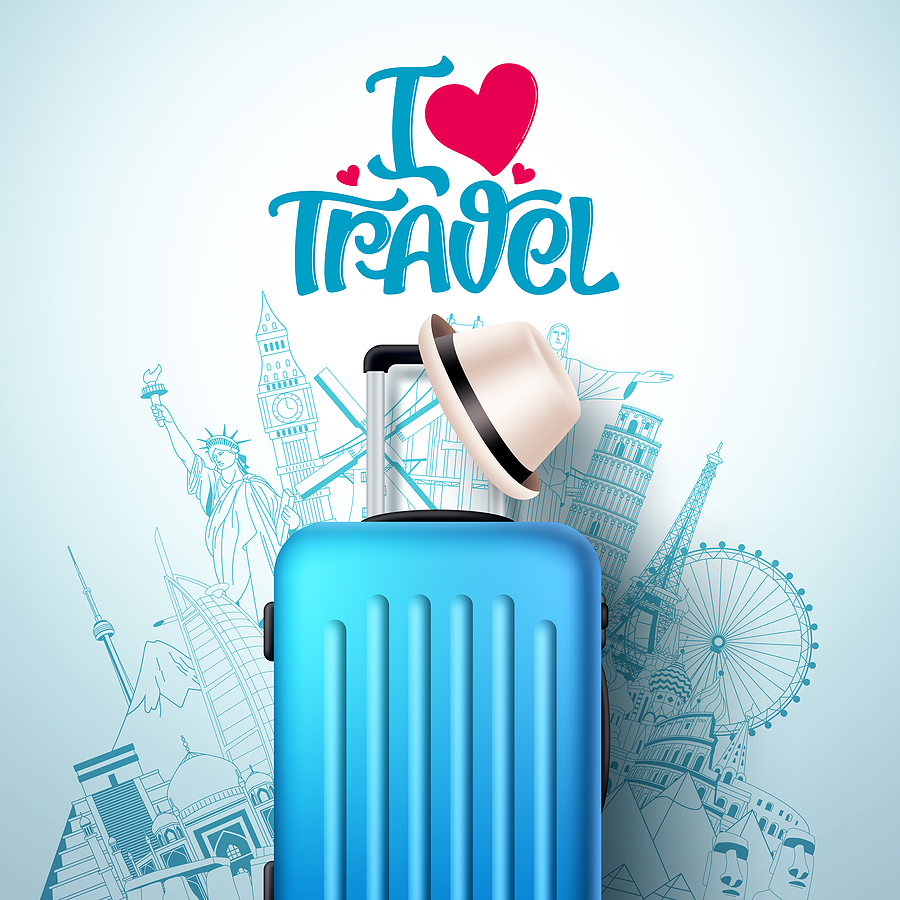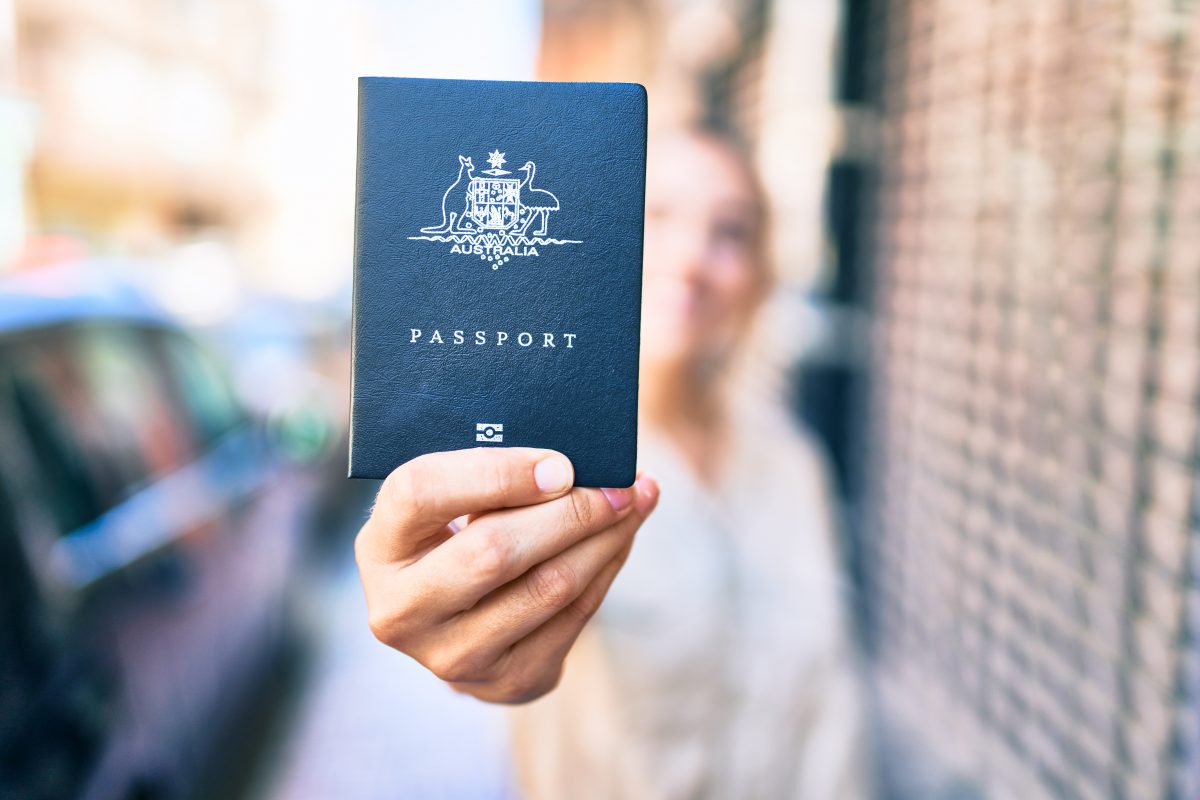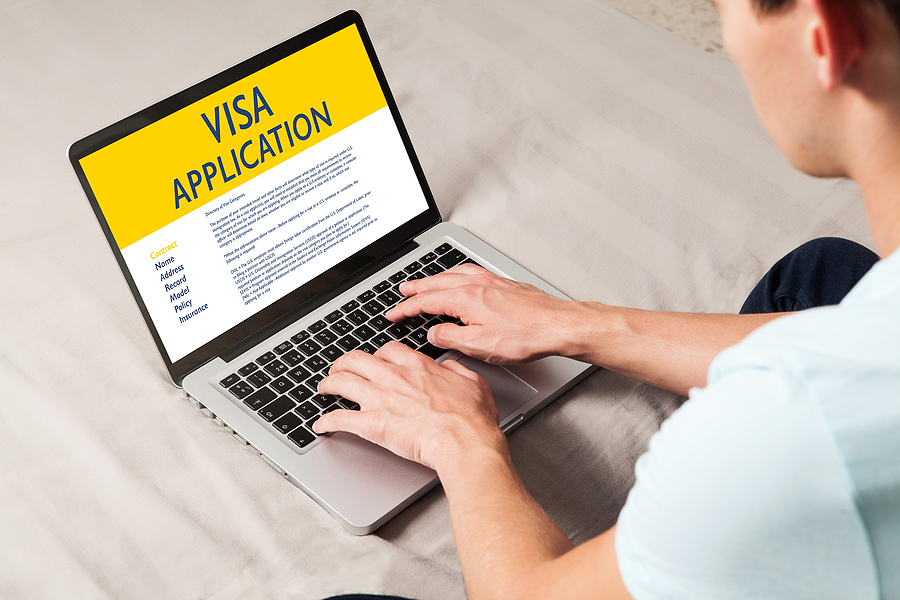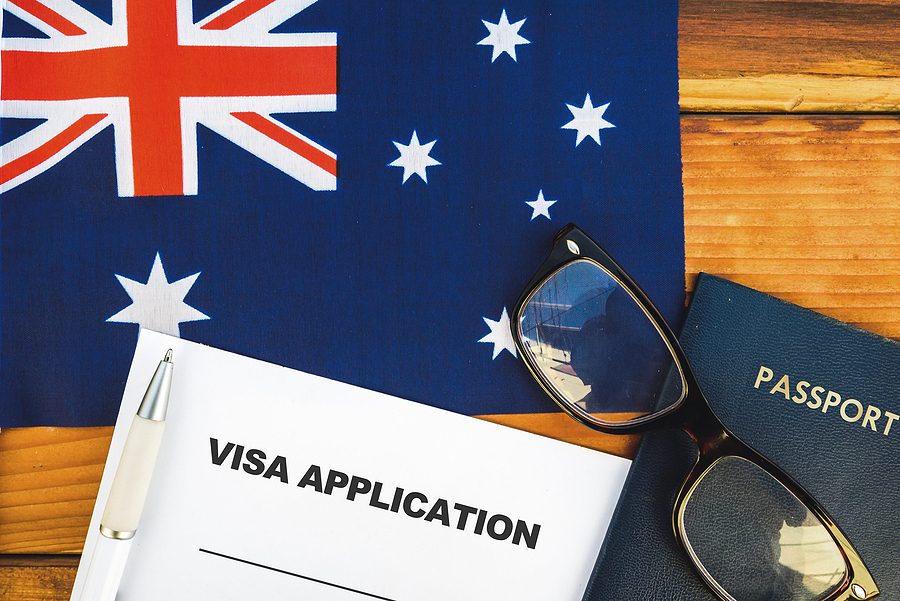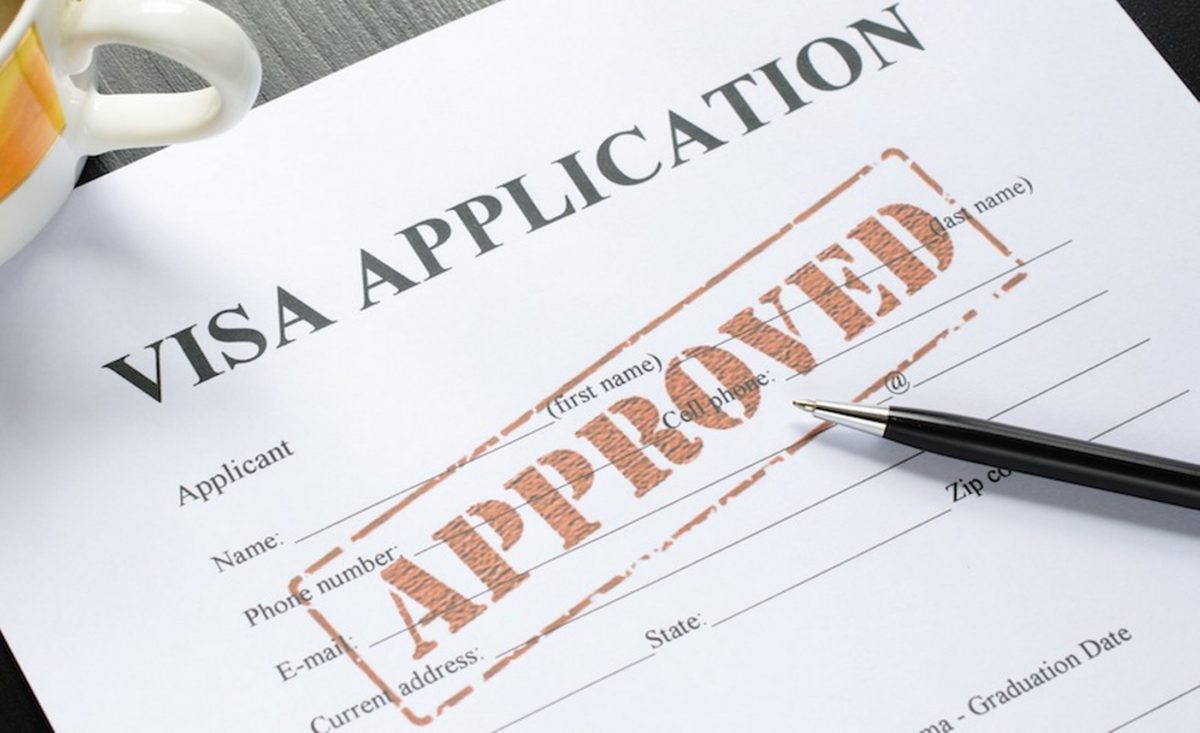Once again, travelers and tourists are planning their next overseas trip, where to go, how long they can afford to travel, what to expect and what language they will encounter. If you intend to travel to anywhere where the locals speak a language other than your own, it may be worth spending time learning at least a few words and phrases. The more you master that language, surely the more you will enjoy your travel experience.
The top 6 languages for world travel
1. English
English may not be spoken by as many people as some other languages such as Chinese or even Spanish, but as an international language, it’s hard to beat. Obviously, if you are reading this blog, you are likely to be an English language speaker anyway, but it’s worth recognizing just how international English has become.
2. Spanish
Like Britain, Spain was once a major colonizer and took its language as part of its domination of parts of the world, especially South and Central America and parts of the Caribbean. If you are traveling to Spain, most of South America, except Brazil, Suriname, Guyana, and French Guiana, and most of Central America, except for Belize, or the Caribbean island nations of Cuba, Dominican Republic, and Puerto Rico, you should learn some Spanish. While many European Spanish people routinely speak and understand English, it is rarer for this to be the case in much of Latin America.
3. French
Another former colonial power, France took its language to almost as many countries around the world as Britain, making French a truly useful international language. If you intend to visit France, parts of Switzerland, West and North Africa, and a scattering of islands in the Caribbean and the Pacific, then knowledge of French, however rudimentary, will stand you in good stead.
4. Arabic
Arabic is spoken more widely than you might imagine, making it an important language for some world travelers. Arabic is the main language, or at least the lingua franca, for a whole swathe of countries right across North Africa from Morocco in the west to Egypt in the east and much of the Middle East. While some Arabic-speaking countries might seem to be a no-no as far as tourism is concerned at the moment (Iraq, Syria, or Yemen anyone?), Egypt, Tunisia, Morocco, and much more recently Saudi Arabia are certainly tourist destinations.
5. Italian and Portuguese
Italy never became much of a colonial power, but the sheer number of attractions in Italy itself has meant that it is still a firm favorite for international tourists and millions pour into Italy every year. Italian is therefore an important language to learn if Italy is a destination. Portuguese is also a useful language to learn, like in Italy, because of the attractions of Portugal itself, which hosts huge numbers of tourists every year. Portugal was once a major European colonial power and its legacy remains in the form of Portuguese being an important language in Brazil, the Cape Verde Islands, Angola, and Mozambique.
6. German
Like Italy, Germany’s colonial ambitions were thwarted quite early on and so German is really only spoken in the European heartland nations of Germany, Austria, and much of Switzerland. Like Italy though, each of these countries is a very important destination for travelers, so learning German is almost a must if that is where you are heading.
Conclusion
Whatever your language credentials, you are advised to seek a professional translator if you need any of your personal documents translated before you set off overseas.



